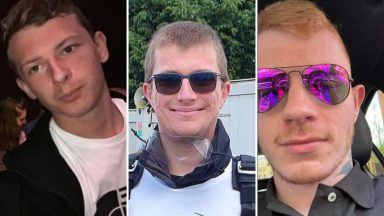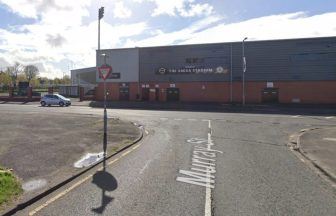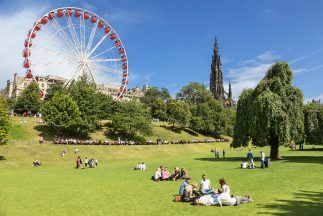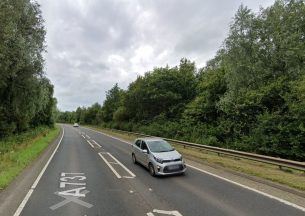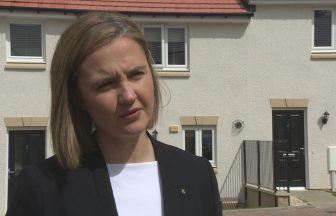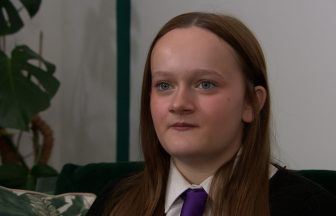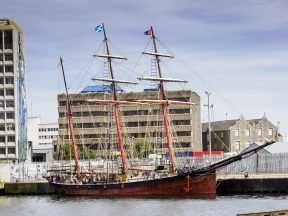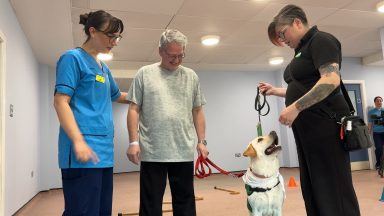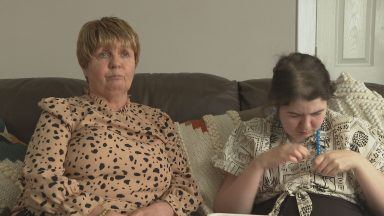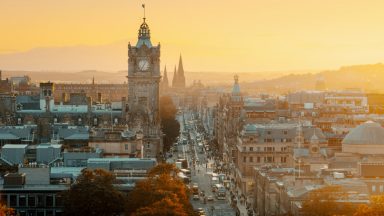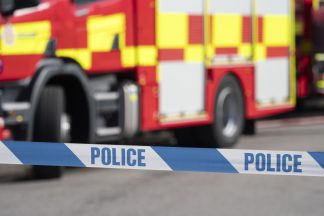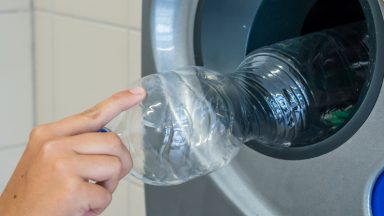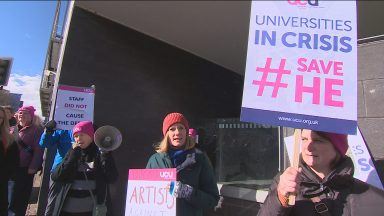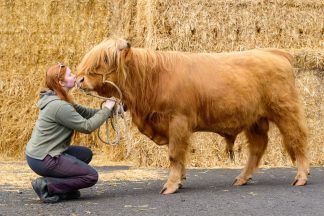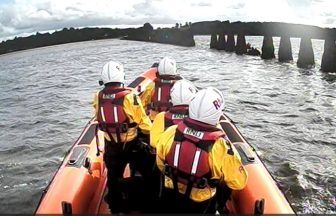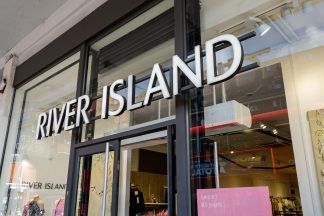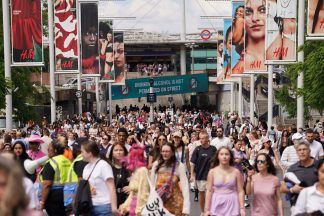Edinburgh councillors have agreed to replicate a pair of whale bones which stood in The Meadows for more than 120 years after the originals were deemed “too fragile” to return.
The Jawbone Arch, brought to Edinburgh as part of an 1887 science and art exhibition, was built using the upper and lower jawbones of a whale.
The council removed the historic structure for restoration work in 2014, however further damage was reported following an attempt to return it to its original site last year.
The fate of the Jawbone Arch was discussed at the Culture and Communities Committee on Tuesday, where council officers said reinstating the landmark to an outdoor location is “unviable” due to the bones fragility and the risks and costs associated with erecting the Arch.
Noting there is “significant public interest” in the giant fossils, the conservation of which is part-funded by personal donations and external grants, councillors suggested spending around £130,000 on creating and installing a bronze replica of the bones in the same spot in The Meadows.
Officers said this would “ensure a memorial to a much-loved local feature, while providing a solution to the current outstanding concerns,” according to officers.
Furthermore, the cost of moving, installing and storing the original jawbones is estimated at £30,000.
David Patterson, collections manager for Edinburgh Museums and Galleries, said: “The restoration of the Meadows Jawbone has been a very turbulent journey thus far but we have reached a stage now where as officers we feel we need guidance on how we move forward.”
Conservative councillor Max Mitchell questioned what the council’s plans are for the iconic arch, asking if it will be displayed publicly.
Mr Patterson responded: “It certainly is our intention to retain the original jawbones and to find some suitable location inside to re-erect them. That would preserve them in an environment that would remain stable throughout the year, you could control visitor access to them.”
Cllr Mark Brown suggested the National Museum of Scotland as a suitable location, adding: “It’s such a magnificent structure and that would give it a place for a safe and controlled environment.”
Mr Patterson said displaying the bones at the Chambers Street museum is “an option we’re looking to explore”.
This article contains an image owned by Kim Traynor and is licensed for reuse under the Creative Commons Attribution-ShareAlike 2.0 license.
Follow STV News on WhatsApp
Scan the QR code on your mobile device for all the latest news from around the country


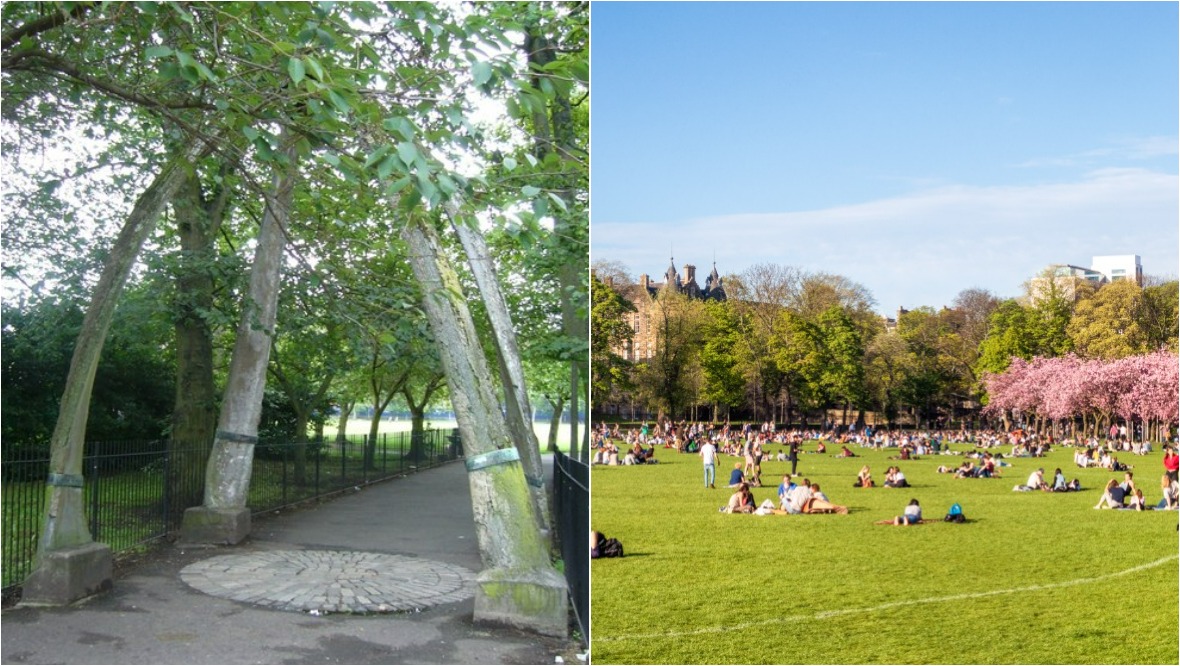 Creative CommonsiStock
Creative CommonsiStock